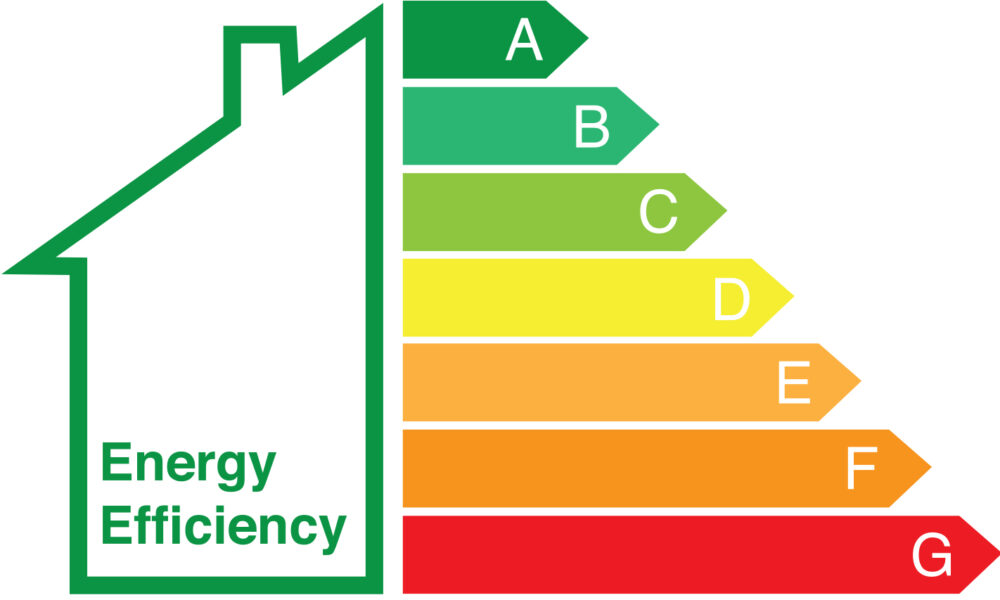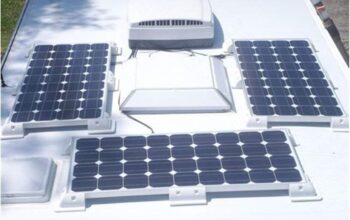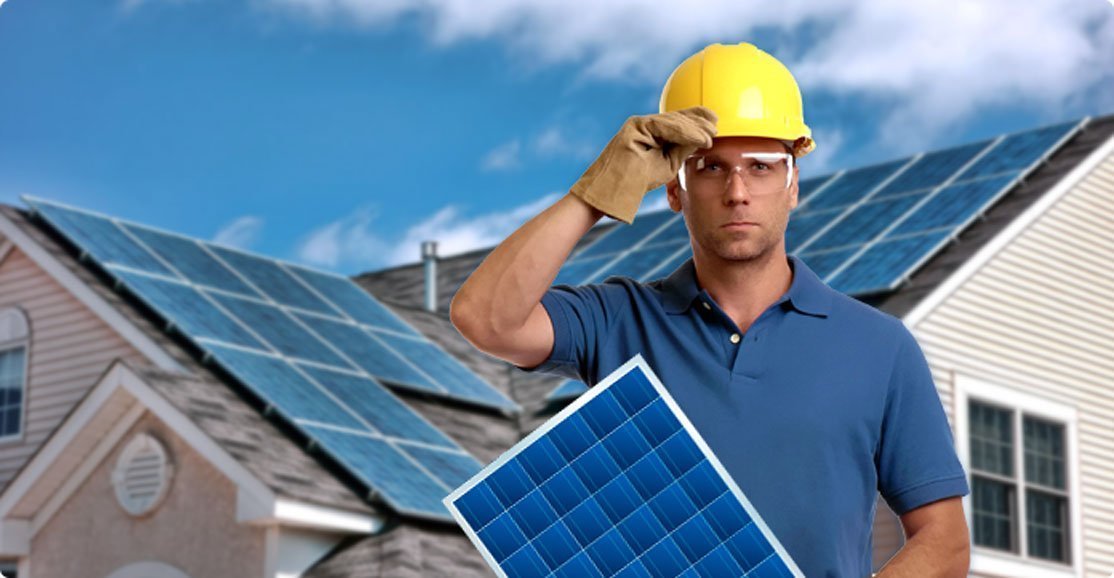Energy Efficiency in Hospitality Industry should be important to every business that wants to ensure it is properly serving its customers and clients, as well as providing the most value to them. Today’s guest isn’t an expert on energy efficiency or even in hospitality or customer service, but he does have his own opinion about energy efficiency that he’s willing to share with us. Let’s hear what he has to say on this topic and why energy efficiency in the hospitality industry may be something you can benefit from improving upon.
Why Are Hotels Interested In Energy Efficiency?
Hotels are interested in energy efficiency for a number of reasons. First, energy efficiency in hospitality industry can be a source of cost savings. Energy is one of the biggest expenses for hotels, and any measure taken to reduce their costs will make a difference in their bottom line. Second, it’s environmentally friendly. By reducing energy consumption, hotels are doing their part to reduce harmful greenhouse gases that contribute to climate change and global warming.

What Are Some Current Applications?
There are many current applications for energy efficiency in the hospitality industry, but one way to make a more sustainable choice is by investing in LED light bulbs. These have been shown to be both cost-effective and long-lasting while being less toxic than incandescent bulbs. They also emit a better quality of light and use up to 75% less energy.
What Are Other Possible Applications?
One key area where energy efficiency can make a difference is hospitality. Hotels and restaurants are major contributors to greenhouse gas emissions, but they also offer some of the biggest opportunities for reducing carbon footprints through energy efficiency. In many cases, simple changes to their operations–such as turning off lights and air-conditioners when they’re not needed or investing in more efficient kitchen equipment–can make a big difference. And there are many other applications, too: from using more efficient technology and appliances to redesigning buildings so that heating and cooling systems use less energy.
What Else Can Be Done With Technology Now Or In The Future?
When you think about how much energy is spent on hotels each day, it becomes clear that this industry has a responsibility to conserve energy and be sustainable. As such, there are many ways to improve energy efficiency at a hotel and help make a positive impact on the environment. Here are five ideas for improving energy efficiency at hotels: – Upgrade light bulbs to LEDs or CFLs – Install occupancy sensors – Install programmable thermostats for heating and cooling systems – Install double-paned windows with sealed frames – Install low-flow faucets.
Conclusion
Energy efficiency is an issue that cannot be ignored in any industry, and this applies to hospitality as well. For a hotel, it is paramount to make energy efficiency in hospitality industry a priority. The cost savings from implementing energy-efficient measures are not just good for the environment; they will also help your business stay afloat financially.




